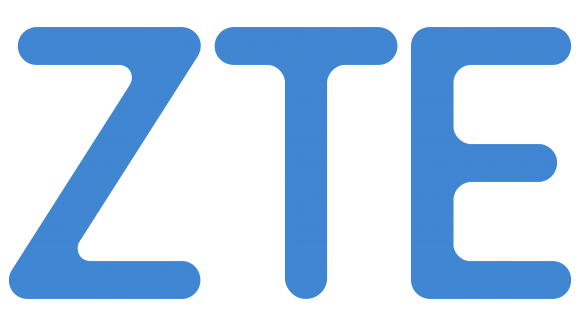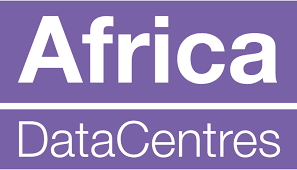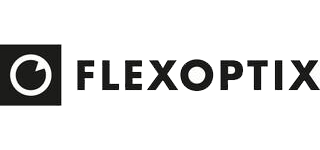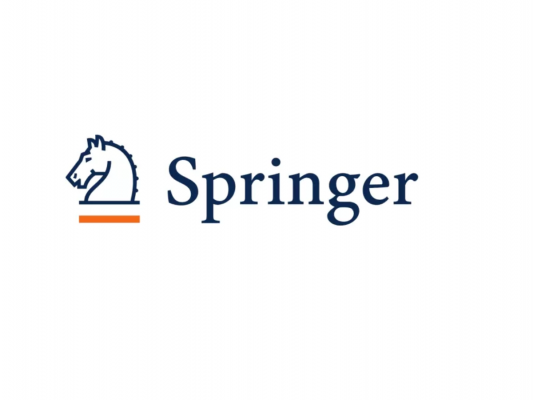Scope
The upcoming introduction of 6G wireless systems is witnessing an ever-greater integration between the digital world and the real world, thanks to concepts of IoT and Cyber-Physical Systems with a close integration of networks, physical systems, and human interfaces. It is precisely in this area that proposals for intelligent networks were born which, by exploiting the characteristics of artificial intelligence and machine learning and have led to the definition of new paradigms. At the same time, there has been a proliferation of communication systems and paradigms which have extended from the more traditional terrestrial sphere to the air, space, and underwater ones, to create an integrated environment capable of meeting the needs of future pervasive communication systems and relative advanced applications. A fundamental element of this technological advancement is the concept of computing, which has gradually moved over the years from the more traditional cloud computing towards the Edge computing and intelligence concepts, characterized by ta multitude of network devices with processing capacity. This Workshop aims at being a forum for research in this context and exchanging information and dissemination on the various aspects of Edge intelligence in Space-Air-Ground integrated network (SAGIN) scenarios. Implementing Edge Computing in SAGIN presents several challenges. First, the stringent delay and bandwidth requirements pose significant obstacles, especially for Geostationary and Medium Earth Orbit (GEO/MEO) satellites. Additionally, managing the high dynamic, heterogeneous, and complex time-varying topology of SAGIN remains an ongoing challenge. This is even more important when dealing with the implementation of machine learning (ML) solutions exploiting the processing capacity of Multiaccess Edge Computing (MEC). In recent years, the concept of machine learning has gradually evolved from a centralized to a distributed implementation, where different devices with computing capabilities become the fundamental elements of distributed learning. First, the viability of applying distributed learning algorithms in spatially broad environments, such as those covered by the integrated network of the envisaged scenario, will be taken into consideration. The best-known example is the so-called Federated Learning, where multiple devices interact with a central node that aggregates the learning models of the distributed nodes. This concept then expanded towards other paradigms, e.g., Transfer learning, Split Learning, or towards more complex scenarios, e.g., Hierarchical Federated Learning, where multiple nodes interact to optimize the network. Their use in an integrated system composed of terrestrial, aerial and satellite components is fundamental. In this sense, in fact, this workshop will focus not only on the use of machine learning algorithms to optimize the management of network functions, but also on the implementation of machine learning algorithms in a distributed environment. This is the Networking-for-AI paradigm where the network works to support AI algorithms, which integrates with the traditional AI-for-Networking in which Artificial Intelligence algorithms are exploited to optimize the behavior of the network. To this end, this Workshop will focus the attention on the most recent technological developments in Distributed Computing and Intelligence for spatially spread networks. As an example, recently the focus in the Space segment has been toward Very Low Earth Orbits and Mega Constellations that are particularly interesting for deploying intelligent networks due to their distributed nature allowing to have a multitude of intelligent agents in the space. A similar aspect would be in the case of aerial platforms where High-Altitude Platforms, jointly with Drones and Unmanned Aerial Vehicle could represent a perfect infrastructure for deploying intelligent agents capable of interacting with the real world.
IMPORTANT DATES
Workshop Paper Submission Deadline: 6 August 2024
Paper Acceptance Notification: 1 September 2024
Camera Ready: 1 October 2024
Accepted Author Registration Deadline: 1 October 2024
All papers must be submitted to the official GLOBECOM 2024: submission system
Workshop Chairs
Daniele Tarchi, University of Bologna, Italy. Email: daniele.tarchi@unibo.it
Tomaso de Cola, German Aerospace Center (DLR), Germany. Email: tomaso.decola@dlr.de
Alberto Gotta, CNR, Italy. Email: alberto.gotta@isti.cnr.it
Michele Polese, Northeastern University, MA, USA. Email: m.polese@northeastern.edu
Liang Zhao, Shenyang Aerospace University, China. Email: lzhao@sau.edu.cn











